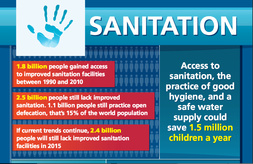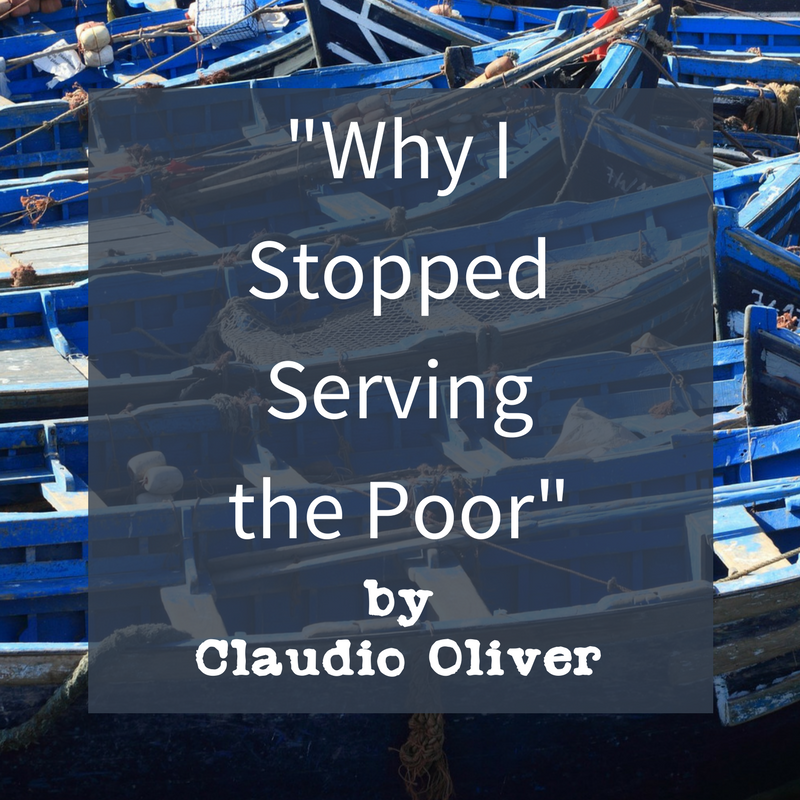 Taken from: http://www.unwater.org/fileadmin/user_upload/unwater_new/docs/sanitation.pdf Taken from: http://www.unwater.org/fileadmin/user_upload/unwater_new/docs/sanitation.pdf There’s a global water crisis and evangelism would be better off if more Christians paid attention to it. According to UN Water, nearly 3.5 million people die every year due to inadequate water supply, sanitation, and hygiene (WASH). In 2009, the International Institute for Environment and Development (IIED) reported that $360 million USD is wasted “on building boreholes and wells that then become useless because they are not maintained or fixed when they break down. As a result, 50,000 water supply points are not functioning across rural Africa,” according to this article in The Guardian. If you can correlate our spiritual life to the development spectrum, you might see how salvation is our relief and sanctification our development. As you read the following quote by Eugene Cho from his book Overrated, think about that correlation: “While there are few things in development as spectacular as seeing water gush out of the ground after a well is drilled, what happens in year two, five, and ten is far more important, and difficult. By many reports, more than one-third of all wells drilled in the last twenty years are now broken—fifty thousand are currently broken in Africa alone, preventing access to clean water for millions of people. Some experts say as many as 60 percent of wells in the developing world aren’t working. Wells often break within a few years, and in most instances, there are no trained mechanics, spare parts, or tools nearby … or the local community is not invested enough to maintain the well.” In the evangelism realm the quote could read: “While there are few things in our spiritual lives as spectacular as seeing someone get saved, what happens in year two, five, and ten is far more important, and difficult. By many reports, more than one-third of all ‘salvations’ in the last twenty years are now ‘broken’ ... preventing access to living water for millions of people.” In some situations it’s the seed that fell on rocky soil, or among the thorns that can do major damage, because it thinks it knows “that life” and tells others that “that life” was no good, perpetuating a droughtified version of what the Gospel really is. Here’s my point: discipleship, which is what happens in year two, five, and ten, is far more important and more difficult than getting people to raise their hands in an altar call after they’ve mimicked a prayer someone else was praying. Training, teaching, equipping, discipling—these are the development verbs of any human being’s spiritual transformation. It’s not that there are no wells or boreholes. It’s that the ones that are (or were) no longer function as they should. Maintenance, relationship, discipleship are the higher calling. As Bono said, “Justice is a tougher standard than charity.” Justice requires us to see the timeline of other human lives—and recognize that sanctification is not merely a dot on it—not just the timeline of our evangelism project that is merely that, a dot. So be about the Great Commission, not about drive-by salvation. This means going deep right where you are, not waiting to see the mission field until you're "on it" or you're married or you've retired or you've achieved such-and-such-and-such. There are broken wells all over the continent of Africa, and potentially even more right here in the good ole U.S. of A. Let's be about maintenance. Let's be about justice.
0 Comments
Leave a Reply. |
Gena's
|

 RSS Feed
RSS Feed

